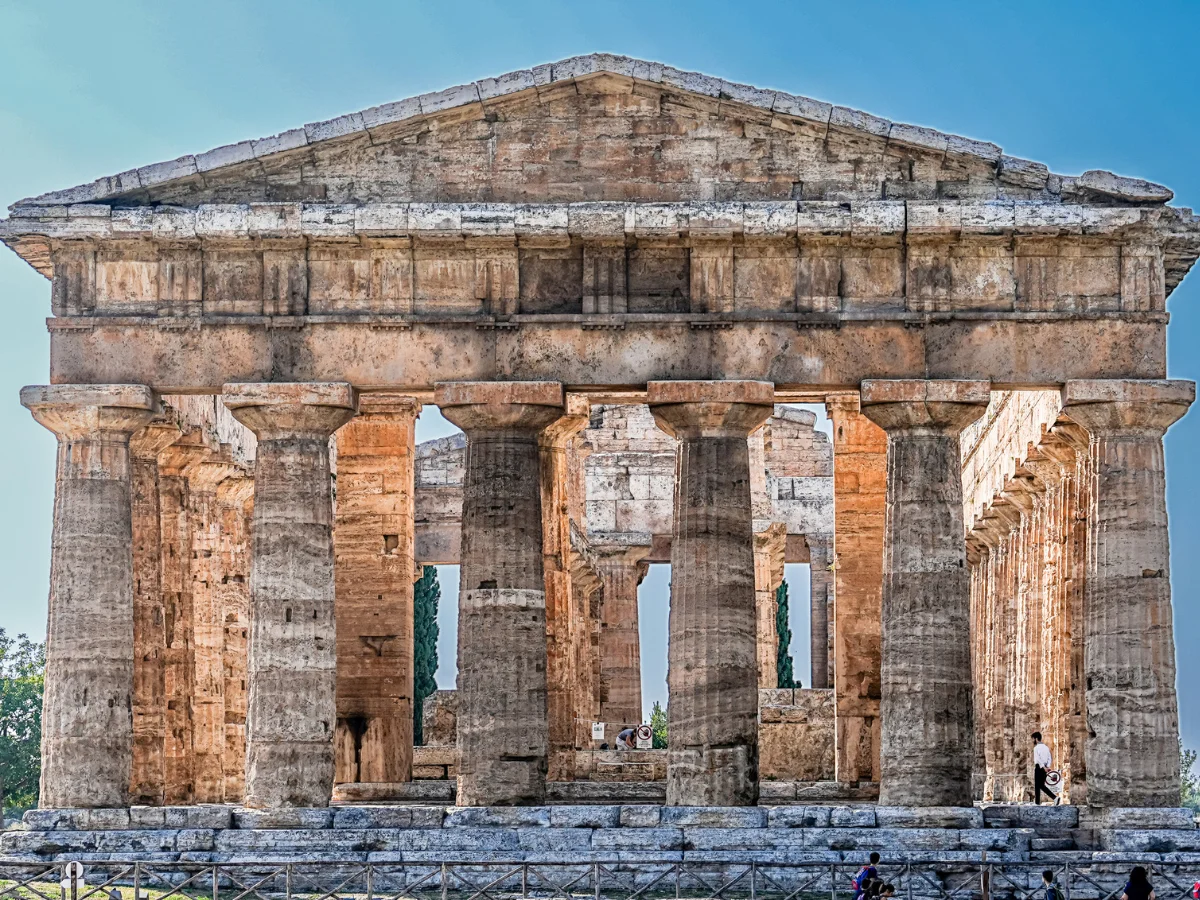Emperor Claudius rose unexpectedly to power
Emperor Claudius rose unexpectedly to power in 41 AD. Despite initial skepticism, he proved capable, implementing administrative reforms and overseeing military expansion. Claudius’ reign was marked by cultural patronage and infrastructure projects, fostering stability and prosperity. His marital life was tumultuous, ending with his mysterious death in 54 AD. Despite scandals involving his family, Claudius’ contributions endure, leaving a legacy of effective governance and cultural advancement in the Roman Empire.

Emperor Claudius rose unexpectedly to power in 41 AD
Claudius, born in 10 BC, was the son of Nero Claudius Drusus, a prominent Roman general. He suffered from various physical ailments and was often dismissed by his family due to his perceived weakness. Despite this, Claudius possessed keen intelligence and a deep love for learning.
Ascension to the Throne
Claudius unexpectedly ascended to the throne in 41 AD following the assassination of his nephew, Emperor Caligula. His reign began with skepticism from the Roman elite, who viewed him as a mere puppet. However, Claudius quickly proved himself to be a capable and effective ruler.
Reforms and Governance
Claudius implemented numerous administrative reforms aimed at improving the efficiency of the Roman bureaucracy. He also embarked on ambitious public works projects, including the construction of roads, aqueducts, and bridges, which stimulated economic growth throughout the empire.
Reforms to the legal system
Claudius revolutionized Rome’s legal system with sweeping reforms. He streamlined procedures, enhancing efficiency. He codified laws, ensuring consistency and clarity. Furthermore he bolstered the judiciary’s independence, reducing corruption. His reforms marked a pivotal moment in Roman legal history, shaping jurisprudence for centuries to come.
Military Campaigns and Expansion
Under Claudius’ leadership, the Roman Empire experienced significant military expansion. He successfully annexed new territories, including Britain, which had long eluded Roman conquest. Claudius’ military victories solidified his reputation as a strong and capable commander.
Importance of maritime power
Claudius, insightful leader of Rome, grasped the pivotal role of naval supremacy. He directed resources towards bolstering the formidable Roman fleet. Ship construction surged under his reign, augmenting maritime dominance. Claudius understood the vital link between sea power and imperial security. His strategic vision fortified Rome’s naval prowess, securing its position as a formidable Mediterranean force.
Cultural Patronage and Legacy
Claudius was a patron of the arts and sciences, supporting poets, writers, and philosophers. He encouraged the spread of Roman culture throughout the empire, fostering a sense of unity and identity among its diverse inhabitants. His reign is remembered as a period of stability and prosperity. There was also a surge in literary and scholarly activities in the Empire.
Marriage and Succession
Claudius’ marital life was tumultuous, marked by multiple marriages and divorces. His first wife was Urgulanilla and his most famous wife was Messalina, whose scandalous behavior caused him great embarrassment. After her execution, Claudius married his niece Agrippina, who manipulated him into adopting her son, Nero, as his heir.
Death and Aftermath
Claudius died in 54 AD under mysterious circumstances, possibly poisoned by Agrippina to ensure Nero’s succession. Despite his contributions to the empire, Claudius’ reign was overshadowed by the excesses and scandals of his family members.
Conclusion
Emperor Claudius surpassed all expectations, emerging as Rome’s dynamic and impactful ruler. He implemented administrative reforms, conquered new territories, and supported cultural endeavors. Despite facing scandal and intrigue in his personal affairs, Claudius’ enduring legacy in the annals of Roman history attests to his exceptional leadership and foresight.



